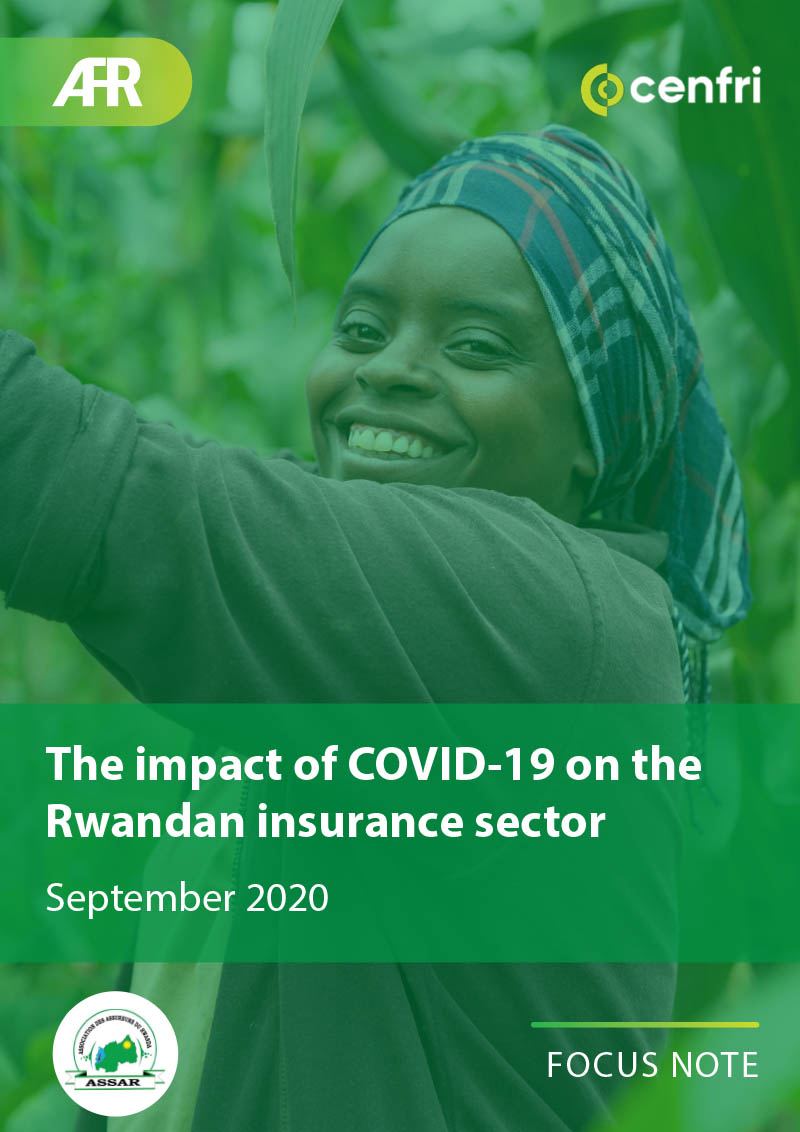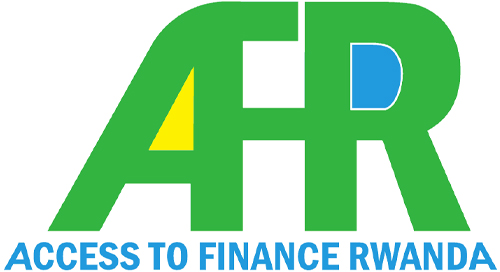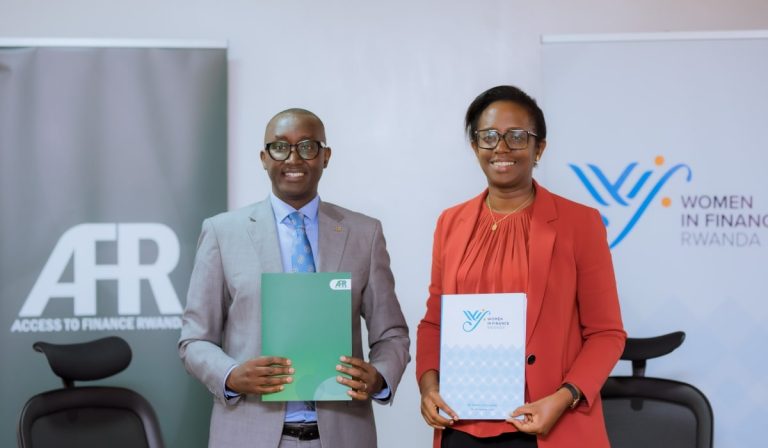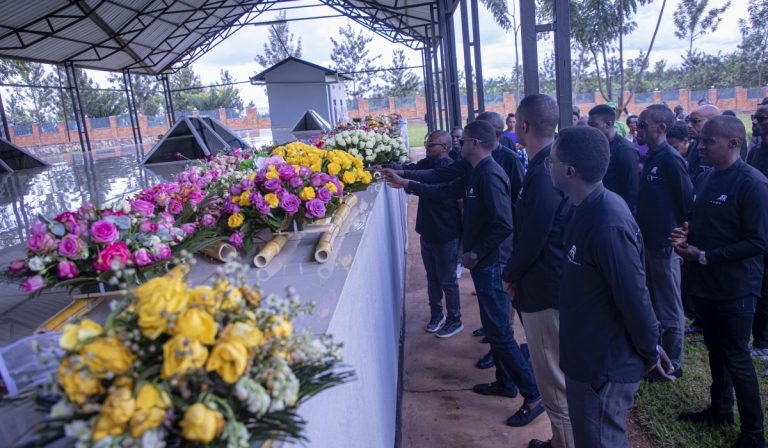
Rwanda was the first African country to implement a national lockdown to curb the spread of COVID-19. Lockdown measures included the closure and suspension of domestic travel, schools and places of workshop, the ban of public gatherings and restrictions on non-essential services. As the insurance sector was not initially considered an essential service, insurers’ operations, which to a large extent require physical interactions, were affected.
The COVID-19 pandemic, therefore, has had impacts on insurers’ ability to launch new products, conclude sales, collect premiums, service customer and process and pay claims. At the same time, the pandemic is impacting insurers’ balance sheets as investment returns are negatively affected by the ensuing economic crisis triggered by COVID-19. More broadly, impacts on the economy may affect insurance demand and premium income.
The pandemic has certainly highlighted weaknesses in the sector and brings with it certain challenges. However, the pandemic also provides opportunities for the insurance sector and regulator to drive insurance market development.
This focus note highlights the findings from stakeholder interviews and a rapid industry survey rolled out by Access to Finance Rwanda (AFR), in partnership with Cenfri and the Rwanda Insurers Association (ASSAR), to understand the extent to which Rwanda’s insurance sector has been affected by COVID-19 and identify the key challenges and opportunities arising from the crisis.


